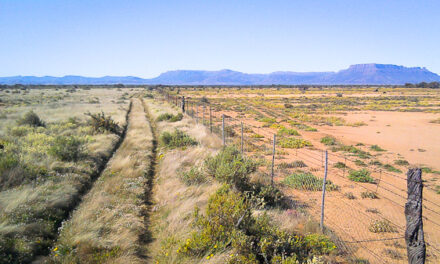Regenerative Agriculture is a holistic land management practice that leverages the power of photosynthesis in plants to close the carbon cycle, and build soil health, crop resilience and nutrient density.
Regenerative Agriculture improves soil health, primarily through the practices that increase soil organic matter.
This not only aids in increasing soil bio diversity and health, but increases biodiversity both above and below the soil surface.
While increasing both water holding capacity and sequestering carbon at greater depths, this reduces climate-damaging levels of atmospheric
CO2. It also improves soil structure to reverse civilization-threatening human-caused soil loss.
Research continues to reveal the damaging effects to soil from tillage, applications of agricultural chemicals and salt based fertilizers, and carbon mining.
Regenerative Agriculture reverses this paradigm to build for the future.



